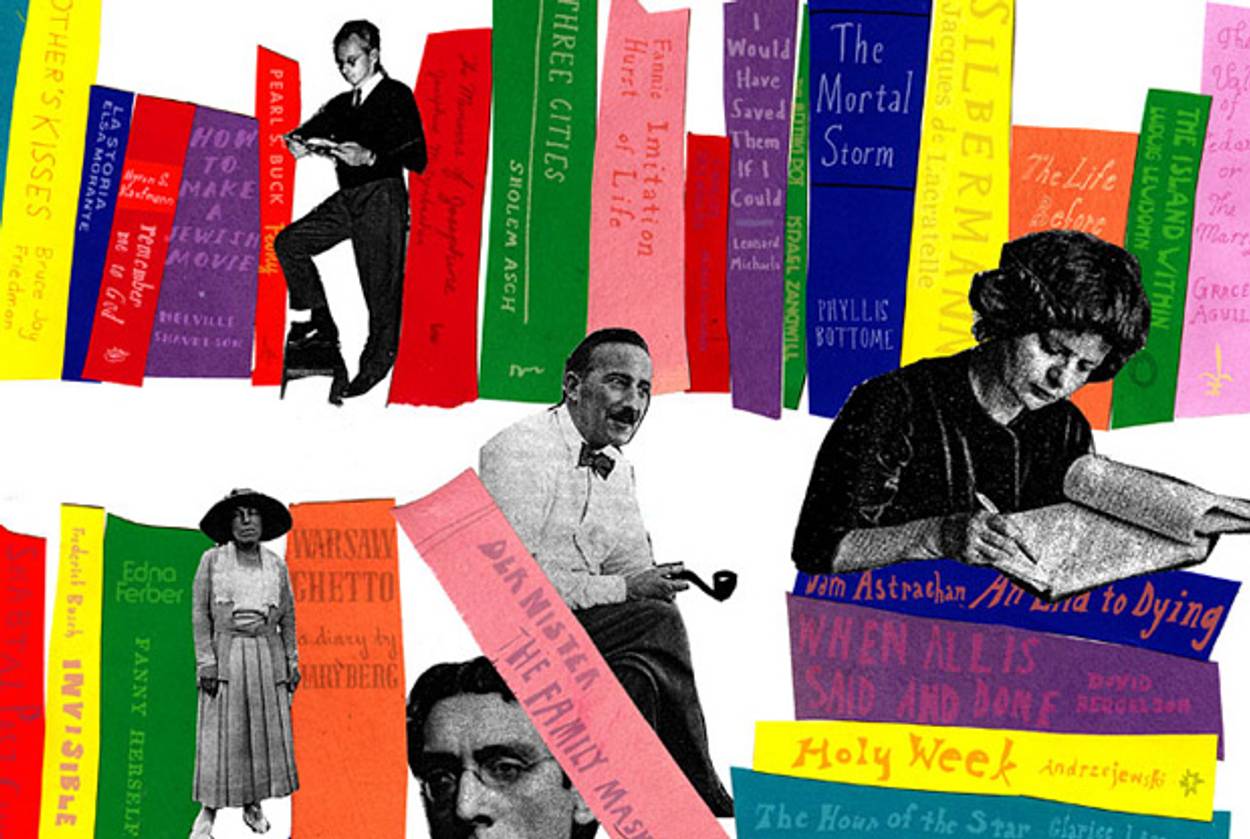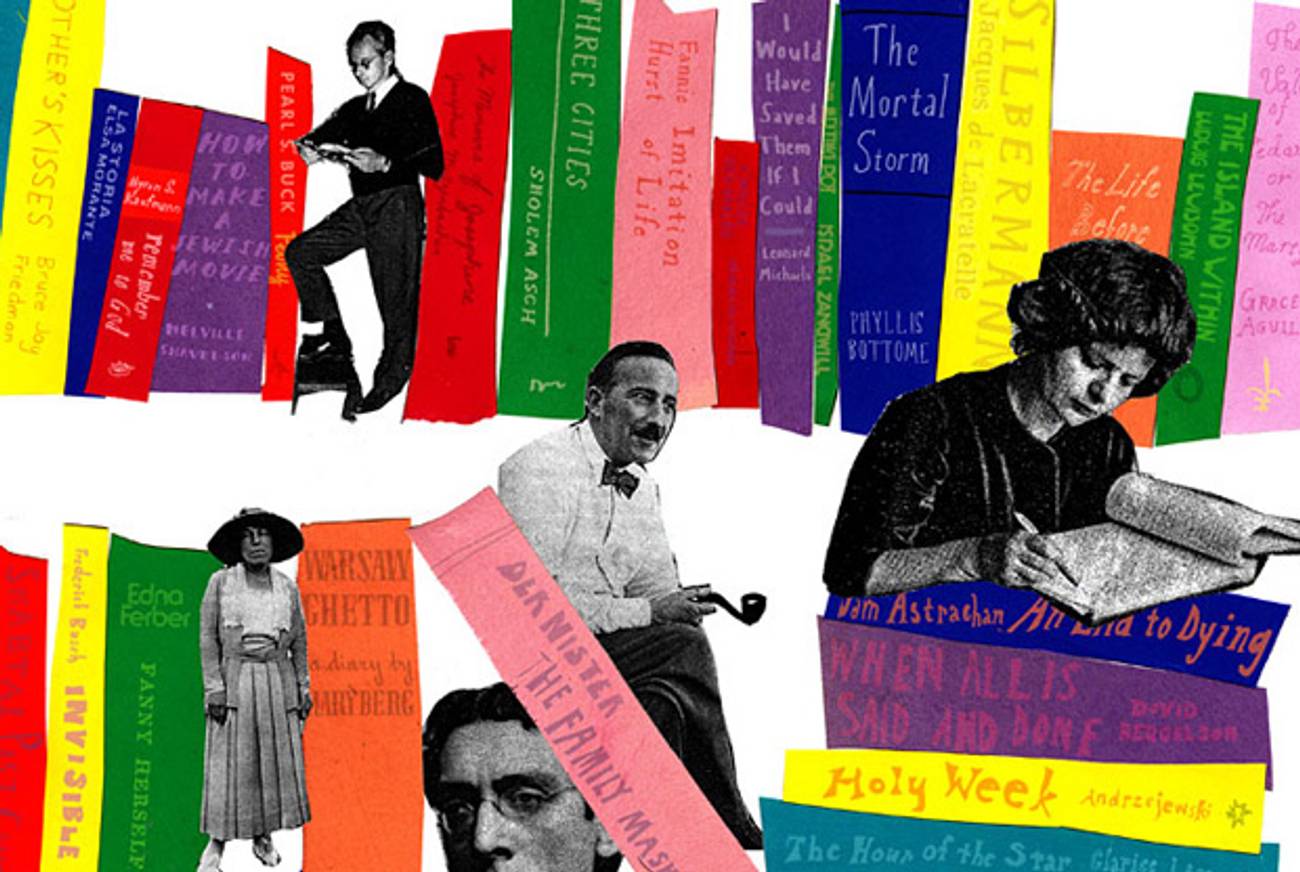Unlucky Ludwig
Lost Books




“Lost Books” is a weekly series highlighting forgotten books through the prism of Tablet Magazine’s and Nextbook.org’s archives. So blow the dust off the cover, and begin!
Ludwig Lewisohn was born in 1882, but as Tablet columnist Josh Lambert wrote in 2008, the Berlin-born, South Carolina-raised writer might have remained better-known in the Jewish literary world had he been born several decades later. A foreigner truly desperate to be accepted, Lewisohn ultimately embraced his outsider status and used it to fuel his literary work (Lambert called Alexander Portnoy Lewisohn’s “unacknowledged spiritual descendant”). “When it comes to ethnic pride,” Lambert pointed out, “our America looks a lot like the one that Lewisohn imagined.”
Yet we should remember Lewisohn as more than just a writer who found inspiration—and literary success, albeit short-lived—through his ethnic identity. Published too early to be fully appreciated by the public were Lewisohn’s candid literary reckonings of sexual identity. “It’s unfortunate that despite his energetic and eclectic criticism,” Lambert lamented, “his insights into sex and expression, and his role in introducing Freudianism into American fiction, most of his books—including the novels Stephen Escott (1930) and An Altar in the Field (1934), which, more directly than either Island or Crump, associate Jewish distinctiveness with sexual health—remain out of print.”
Read Comeback Kid, by Josh Lambert
Stephanie Butnick is chief strategy officer of Tablet Magazine, co-founder of Tablet Studios, and a host of the Unorthodox podcast.